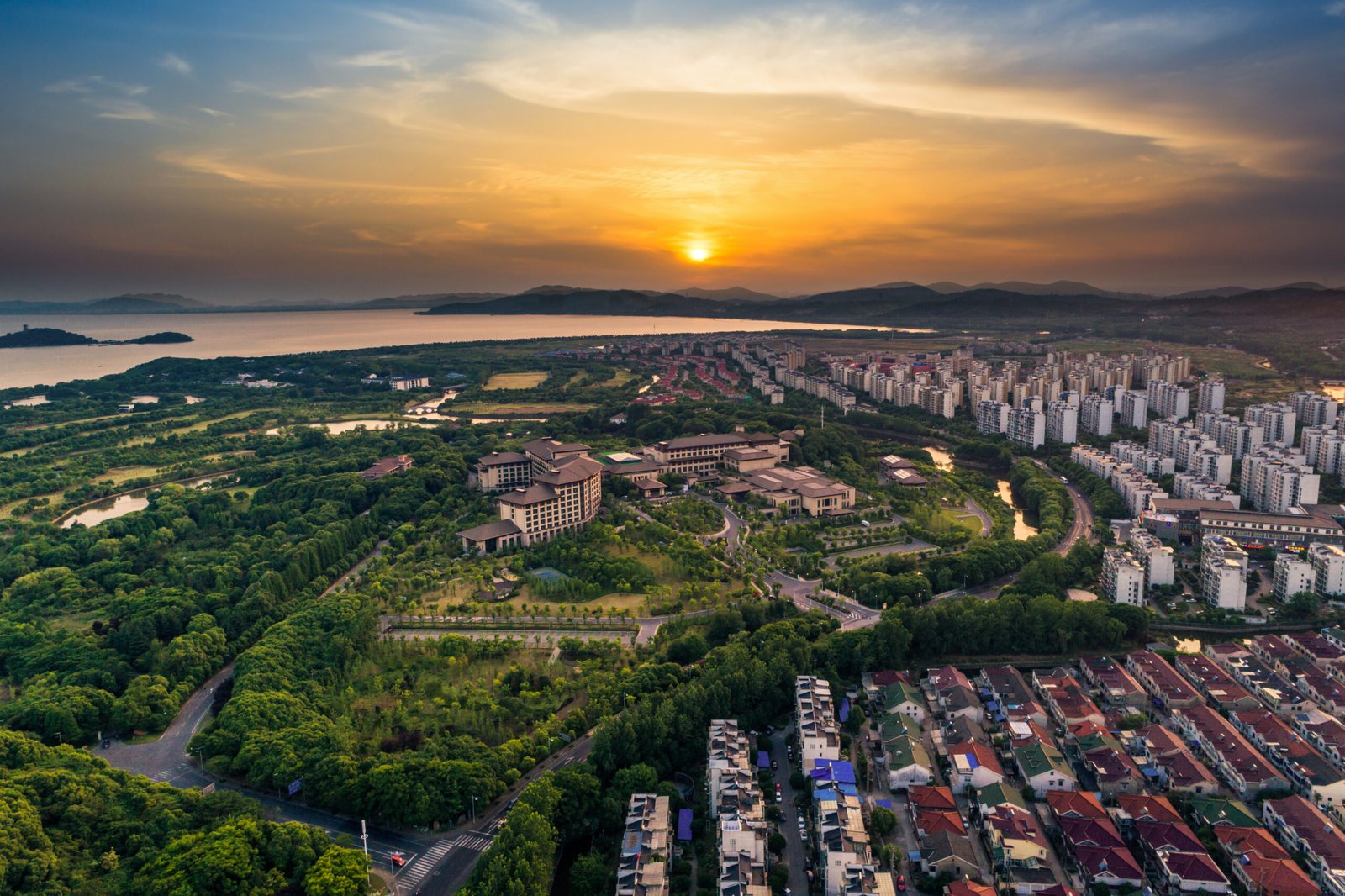With Pakistan’s realty sector on the rise, everyone wants to know: Will 2025 see property prices go up? To try to figure out with any sort of accuracy, one must consider a combination of economic, political, and market forces that will shape the course of this burgeoning industry.
According to evidence collected by global real estate experts such as the individuals at House Masters Pakistan, Pakistan’s real estate market is undergoing a transformation of monumental proportions. Urbanization at rapid rates, embracing technology, foreign investors’ demand, and local investors’ increasing knowledge of the long-term value of owning property and holding land are fueling the shift.
Knowing the Situation at the Moment
In recent past years , Pakistan has witnessed a continuous surge in property dealings across a key areas such as Lahore , Karachi and Islamabad . These cities are seeing development in residential and commercial real estate, with developers looking to serve a swelling urban population and swelling middle class.
Even while the country has experienced some economic challenges such as inflationary pressures, weak currency, and unstable interest rate, the real estate remained the asset class of choice. Why? Because during uneasy times, property can create much-needed stability and long-term value that other sectors may not.
Reasons Indicative of Property Price Increase1. Urbanization and Infrastructural Development
With government and private sector investment in transportation systems, public transit, and infrastructure, much of the underdeveloped area surrounding city cities is being made very appealing to developers and buyers. That development improves living standards for outer city areas, driving land prices up and property appreciation throughout much of the region unavoidable.
2. Growing Demand for Housing Units
The population of the country continues to expand, and so does the need for good homes. Population statistics indicate that Pakistan requires millions of new houses each year to keep up with demand. The supply side, as such, is sluggish because construction becomes more expensive and there is excessive red tape involved in administration. This inconsistency between demand and supply is a well-known reason behind rising prices.
3. Inflation and Currency Value
While inflation is bad for general purchasing power, in the real estate environment it works in reverse. While prices on goods and services increase, so too do material costs to build with, labor costs, and land purchases. All are then passed on by buyers, driving the ultimate cost of units up. So, inflation—while bad—actually drives property prices up rather than down.
4. Digital and Analytical Transformation
House Masters Pakistan, among other global players, has been the market leader in driving analytical and digital solutions in Pakistan’s real estate space. Buyers and investors now have access to real-time data, trends, and increasingly intelligent decision-making portals. This has created a more informed stratum of investors, as well as a desire to capture long-term investment opportunities, which places competitive pressure on property purchase and pushes prices upwards.
5. Foreign Inflow of Investment and Expatriate Pakistanis
As foreign investment prospects get filled up and expensive, expatriate Pakistanis are investing in the country. Favorable exchange rates and emotional tug are causing expatriates to buy commercial as well as residential property in Pakistan. Their inflow into the market enables greater liquidity that, over time, maps to higher valuation in local markets.

